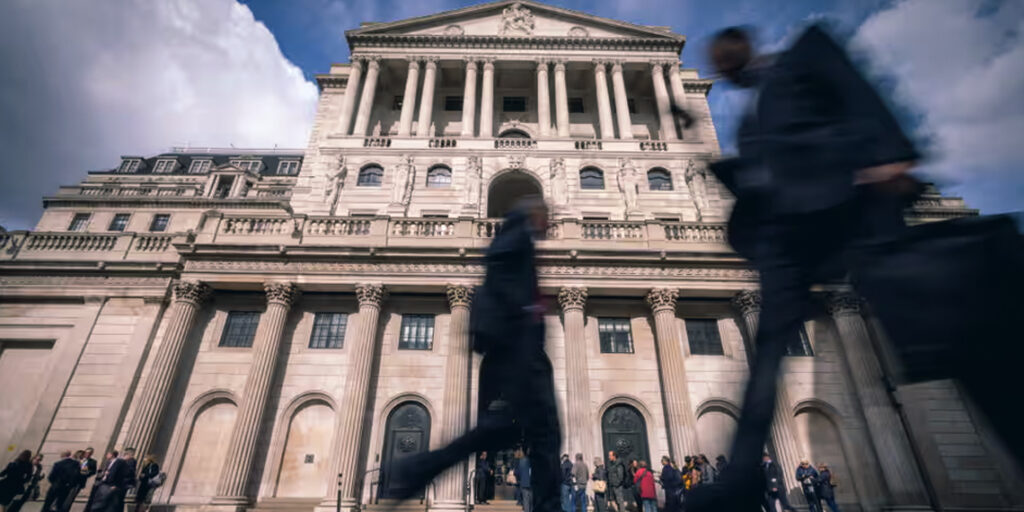UK government borrowing surged unexpectedly to £17.8bn in December 2024, marking the highest December borrowing in four years and significantly exceeding economic forecasts.
The sharp increase has intensified pressure on Chancellor Rachel Reeves to consider budget cuts ahead of the summer spending review, as the government seeks to maintain fiscal stability.
Borrowing Figures Exceed Expectations
The borrowing figure was about 25% higher than economists had predicted, driven by increased spending on government services, benefits, and debt interest payments, according to the Office for National Statistics (ONS). Compared to the same month last year, borrowing was up by £10.1bn.
Economists surveyed by Reuters had forecast public sector net borrowing (excluding public sector banks) to reach £14.1bn in December, a sharp rise from £11.25bn in November. However, the latest data suggests further economic challenges ahead for the government.
Budget Constraints Tighten
Capital Economics noted that the government’s fiscal buffer has significantly dwindled. The chancellor’s autumn budget allowed for a £9.9bn buffer over the current parliamentary term, but the consultancy estimates this has shrunk to just £2bn.
This reduced financial leeway, combined with a weakening economy, may require Reeves to introduce tax increases or spending cuts in the fiscal statement scheduled for 26 March 2025.
The Treasury has already signaled its intent to impose spending cuts, with Whitehall departments reviewing budgets to identify areas for cost reductions ahead of a three-year spending review set for June.
Rising Debt Costs Add to Pressure
Slower-than-expected economic growth and rising interest rates on government debt have further complicated the government’s fiscal plans. December’s borrowing figures reflect a period of climbing UK borrowing costs, although they preceded a sharp rise in global bond yields earlier this month.
The yield on UK 30-year government bonds recently hit its highest level since 1998 before easing slightly after inflation data revealed a lower-than-expected rate of 2.5% for December. Despite this, the pound has faced volatility, dropping to a 14-month low of $1.22 in early January before modestly recovering.
Focus on Fiscal Discipline
Treasury Chief Secretary Darren Jones emphasized the government’s commitment to economic stability, describing fiscal rules as “non-negotiable.” Jones stated, “Economic stability is vital for our number one mission of delivering growth; that’s why we will have an iron grip on the public finances.”
Ahead of the fiscal statement and budget, the government plans to “interrogate every line of government spending for the first time in 17 years,” Jones added, promising to “root out waste” and ensure taxpayer money is spent productively.


